Home / us-election / CDU Leader Friedrich Merz Condemns US Involvement in German Elections
CDU Leader Friedrich Merz Condemns US Involvement in German Elections
By: My India Times
4 minutes read 47Updated At: 2025-02-17
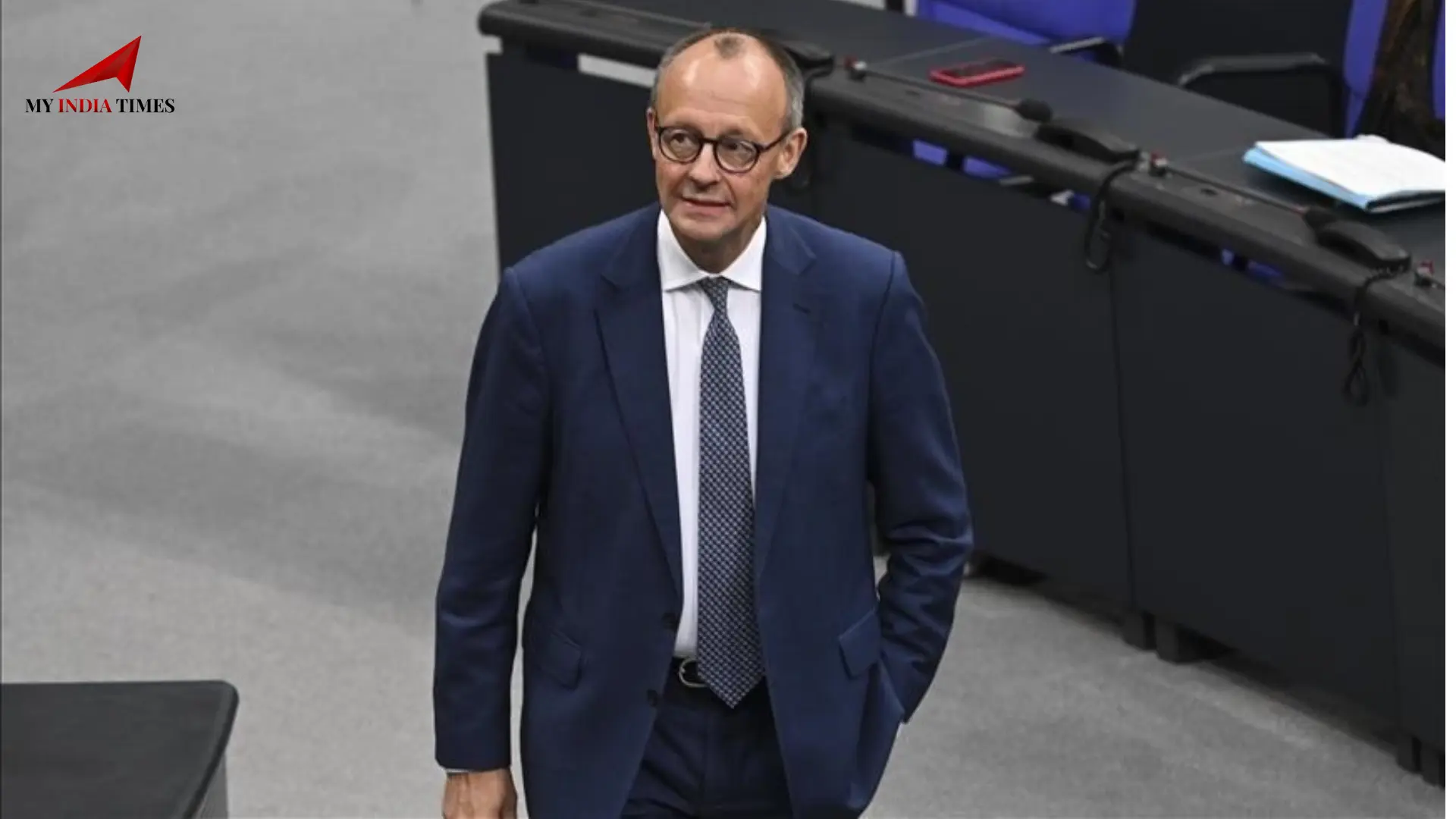
As Germany approaches its crucial February 23 parliamentary elections, conservative frontrunner Friedrich Merz has strongly criticized US Vice President JD Vance for what he describes as unacceptable interference in the country’s democratic process. Merz, the leader of the Christian Democratic Union (CDU/CSU), made it clear that he rejects any outside influence on German politics, particularly regarding the far-right Alternative for Germany (AfD) party.
Heated TV Debate Highlights German Opposition to US Comments
During a heated television debate between chancellor candidates, Merz reiterated that his party will not cooperate or enter into coalition negotiations with the AfD, despite the growing support for the nationalist party. He pushed back against Vance’s remarks, stating, “I will not let the US vice president dictate whom I should engage with in Germany. I respected the outcome of the US elections on November 8 last year, and I expect the American government to reciprocate.”
His comments were met with applause from CDU supporters, as well as agreement from other mainstream political figures in Germany.
Vice President Vance’s Controversial Speech at the Munich Security Conference
The controversy erupted after Vance, speaking at the Munich Security Conference last Friday, openly criticized European governments for marginalizing right-wing populist parties. He argued that excluding such groups from political processes goes against democratic principles.
Merz, however, firmly rejected these remarks, emphasizing that he had directly expressed his opposition to Vance during a private meeting in Munich. “This is unacceptable. I refuse to allow such interference in Germany’s federal elections or in government formation after the vote,” he declared. “The Americans have no role to play here.”
US Support for AfD Sparks Diplomatic Backlash
Vance’s actions stirred further controversy when he met with AfD co-chair Alice Weidel in Munich following his speech, signaling implicit support for the far-right party just days before the German elections. This move was widely regarded as a breach of diplomatic norms and led to widespread criticism.
The Munich Security Conference organizers notably did not invite Weidel, citing the AfD’s anti-democratic stance as justification for her exclusion. The AfD’s growing influence remains a major concern among Germany’s political elite, particularly due to its nationalist rhetoric and controversial policies.
Chancellor Olaf Scholz Defends Germany’s Firewall Against the Far Right
Chancellor Olaf Scholz also condemned Vance’s statements, reaffirming Germany’s commitment to its long-standing political principle known as the “firewall” against far-right parties. This policy ensures that extremist groups like the AfD remain politically isolated.
“What was said there is completely unacceptable,” Scholz stated, referring to Vance’s pro-AfD remarks. He reminded voters that Germany has learned crucial lessons from its past, particularly the Nazi era, and has put safeguards in place to prevent the far-right from gaining power. “There can be no cooperation with extremists,” he said. “This is why our laws prohibit National Socialist symbols, unlike in the US. And I firmly believe it must remain that way.”
Green Party’s Robert Habeck Warns of Threats to Western Democratic Values
Robert Habeck, the Green Party’s chancellor candidate, went even further in his condemnation of the US administration, accusing the Trump-led government of attacking the very democratic values that it once championed.
“The Trump administration is launching a direct assault on Western democratic values,” Habeck warned. “This is not just about election interference—it is an attempt to question the rule of law, undermine liberal democracy, and dismantle the rules-based order that America itself helped establish in Europe.”
His strong words resonated with many German voters concerned about growing nationalist movements and external pressures influencing domestic politics.
Election Polls Show CDU/CSU Leading but Lacking a Majority
As the election nears, the latest polls indicate that Friedrich Merz’s center-right CDU/CSU alliance leads with 30% of the projected vote. However, this figure falls short of an outright majority, suggesting that Merz will likely have to seek a coalition with either the center-left Social Democratic Party (SPD) or the Greens to form a government.
Chancellor Scholz’s SPD currently polls at 16%, while the Greens stand at 14%. Meanwhile, the AfD is projected to secure 20% of the vote, making it the second-largest party in parliament. Despite this, all mainstream parties have ruled out any coalition with the AfD, reinforcing its political isolation.
What’s Next for Germany’s Political Landscape?
With only days left before the elections, Germany’s political landscape remains volatile. The controversy surrounding US involvement, the rise of the far right, and increasing voter uncertainty continue to shape the final stretch of the campaign.
As candidates intensify their efforts to sway undecided voters, debates over democracy, international influence, and coalition possibilities dominate public discourse. The outcome of this election will not only determine Germany’s future leadership but also have significant implications for its relationship with the US and broader European politics.
....As Germany approaches its crucial February 23 parliamentary elections, conservative frontrunner Friedrich Merz has strongly criticized US Vice President JD Vance for what he describes as unacceptable interference in the country’s democratic process. Merz, the leader of the Christian Democratic Union (CDU/CSU), made it clear that he rejects any outside influence on German politics, particularly regarding the far-right Alternative for Germany (AfD) party.
Heated TV Debate Highlights German Opposition to US Comments
During a heated television debate between chancellor candidates, Merz reiterated that his party will not cooperate or enter into coalition negotiations with the AfD, despite the growing support for the nationalist party. He pushed back against Vance’s remarks, stating, “I will not let the US vice president dictate whom I should engage with in Germany. I respected the outcome of the US elections on November 8 last year, and I expect the American government to reciprocate.”
His comments were met with applause from CDU supporters, as well as agreement from other mainstream political figures in Germany.
Vice President Vance’s Controversial Speech at the Munich Security Conference
The controversy erupted after Vance, speaking at the Munich Security Conference last Friday, openly criticized European governments for marginalizing right-wing populist parties. He argued that excluding such groups from political processes goes against democratic principles.
Merz, however, firmly rejected these remarks, emphasizing that he had directly expressed his opposition to Vance during a private meeting in Munich. “This is unacceptable. I refuse to allow such interference in Germany’s federal elections or in government formation after the vote,” he declared. “The Americans have no role to play here.”
US Support for AfD Sparks Diplomatic Backlash
Vance’s actions stirred further controversy when he met with AfD co-chair Alice Weidel in Munich following his speech, signaling implicit support for the far-right party just days before the German elections. This move was widely regarded as a breach of diplomatic norms and led to widespread criticism.
The Munich Security Conference organizers notably did not invite Weidel, citing the AfD’s anti-democratic stance as justification for her exclusion. The AfD’s growing influence remains a major concern among Germany’s political elite, particularly due to its nationalist rhetoric and controversial policies.
Chancellor Olaf Scholz Defends Germany’s Firewall Against the Far Right
Chancellor Olaf Scholz also condemned Vance’s statements, reaffirming Germany’s commitment to its long-standing political principle known as the “firewall” against far-right parties. This policy ensures that extremist groups like the AfD remain politically isolated.
“What was said there is completely unacceptable,” Scholz stated, referring to Vance’s pro-AfD remarks. He reminded voters that Germany has learned crucial lessons from its past, particularly the Nazi era, and has put safeguards in place to prevent the far-right from gaining power. “There can be no cooperation with extremists,” he said. “This is why our laws prohibit National Socialist symbols, unlike in the US. And I firmly believe it must remain that way.”
Green Party’s Robert Habeck Warns of Threats to Western Democratic Values
Robert Habeck, the Green Party’s chancellor candidate, went even further in his condemnation of the US administration, accusing the Trump-led government of attacking the very democratic values that it once championed.
“The Trump administration is launching a direct assault on Western democratic values,” Habeck warned. “This is not just about election interference—it is an attempt to question the rule of law, undermine liberal democracy, and dismantle the rules-based order that America itself helped establish in Europe.”
His strong words resonated with many German voters concerned about growing nationalist movements and external pressures influencing domestic politics.
Election Polls Show CDU/CSU Leading but Lacking a Majority
As the election nears, the latest polls indicate that Friedrich Merz’s center-right CDU/CSU alliance leads with 30% of the projected vote. However, this figure falls short of an outright majority, suggesting that Merz will likely have to seek a coalition with either the center-left Social Democratic Party (SPD) or the Greens to form a government.
Chancellor Scholz’s SPD currently polls at 16%, while the Greens stand at 14%. Meanwhile, the AfD is projected to secure 20% of the vote, making it the second-largest party in parliament. Despite this, all mainstream parties have ruled out any coalition with the AfD, reinforcing its political isolation.
What’s Next for Germany’s Political Landscape?
With only days left before the elections, Germany’s political landscape remains volatile. The controversy surrounding US involvement, the rise of the far right, and increasing voter uncertainty continue to shape the final stretch of the campaign.
As candidates intensify their efforts to sway undecided voters, debates over democracy, international influence, and coalition possibilities dominate public discourse. The outcome of this election will not only determine Germany’s future leadership but also have significant implications for its relationship with the US and broader European politics.
By: My India Times
Updated At: 2025-02-17
Tags: us-election News | My India Times News | Trending News | Travel News
Join our WhatsApp Channel




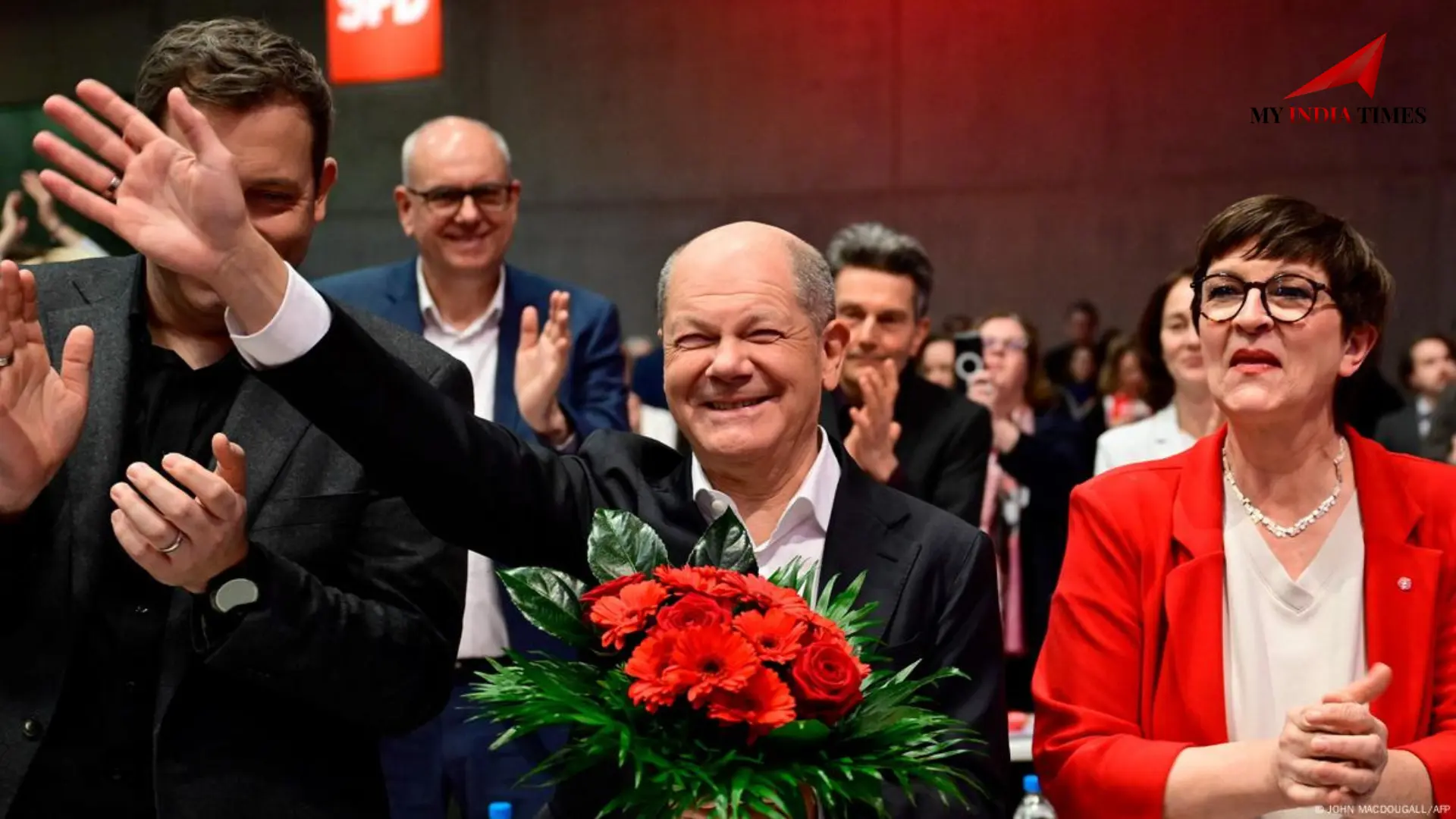
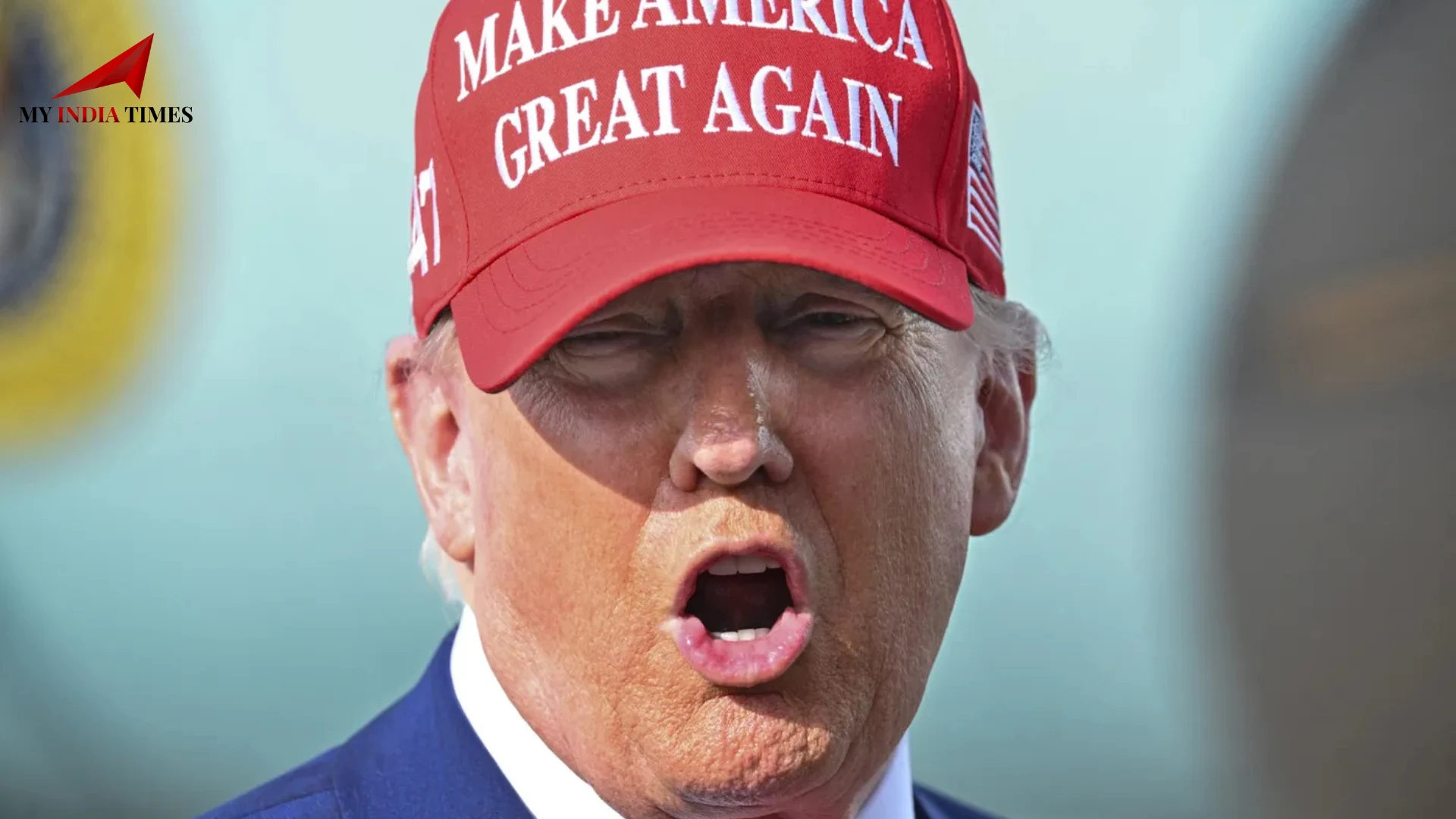
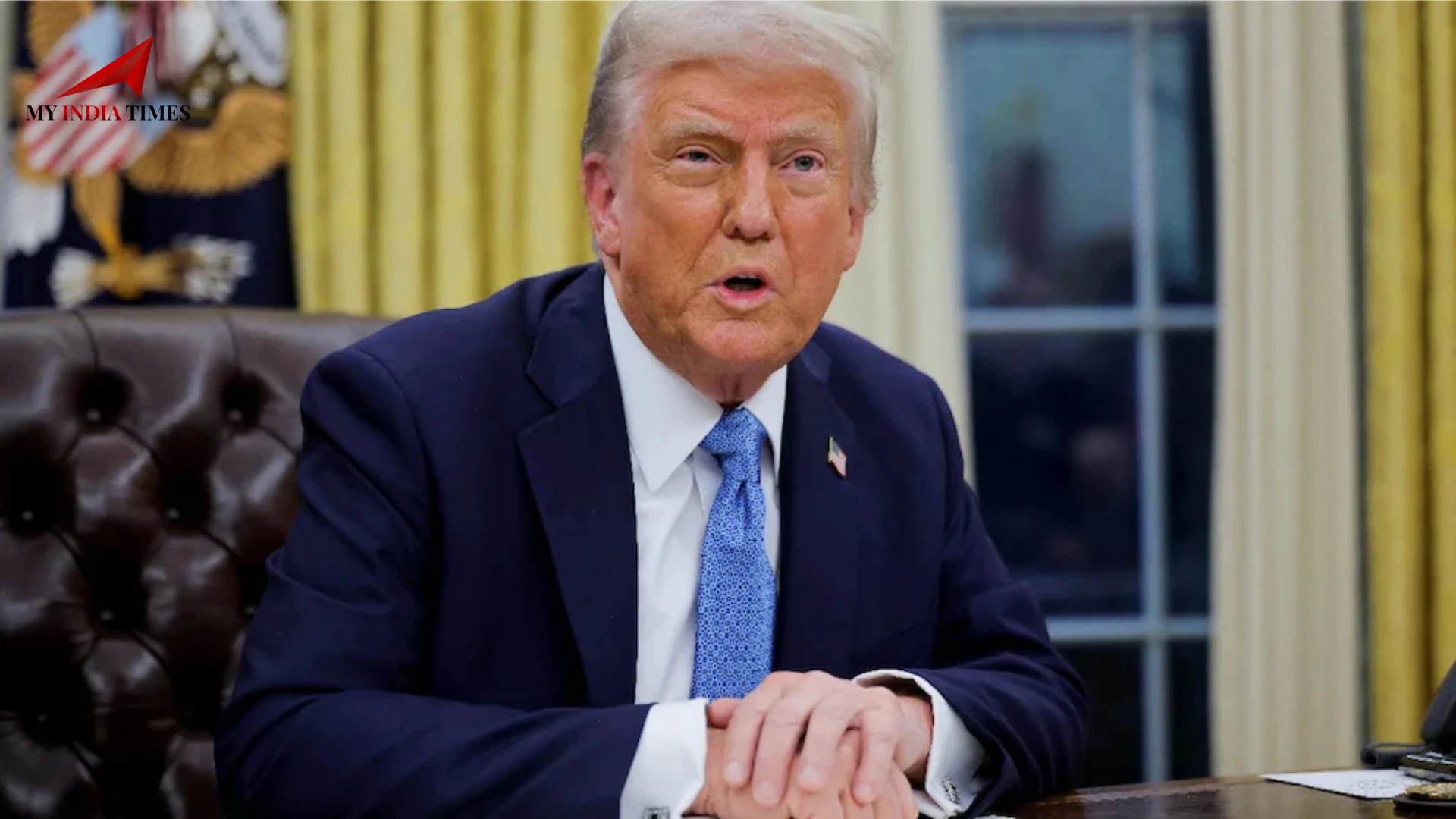
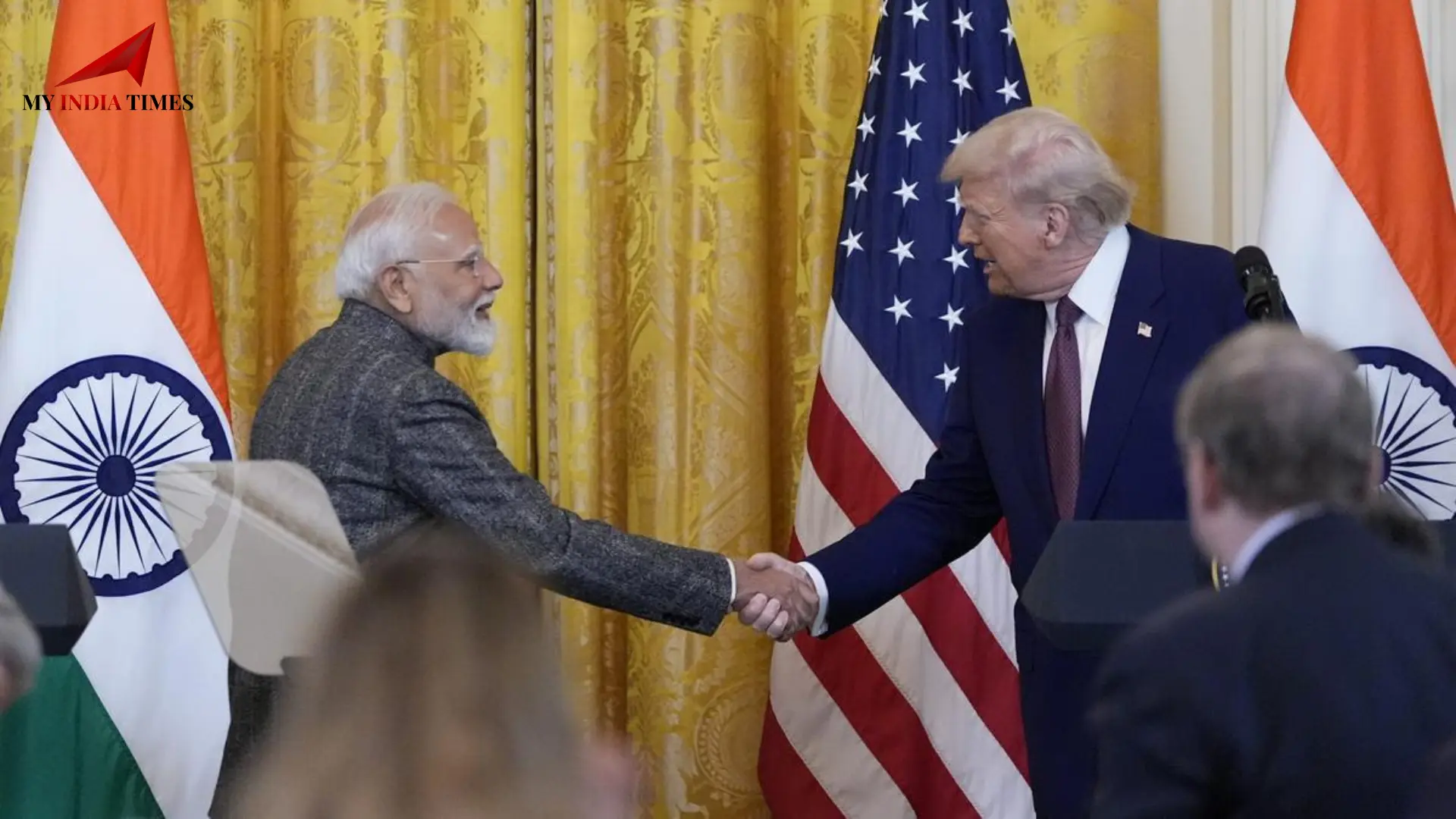

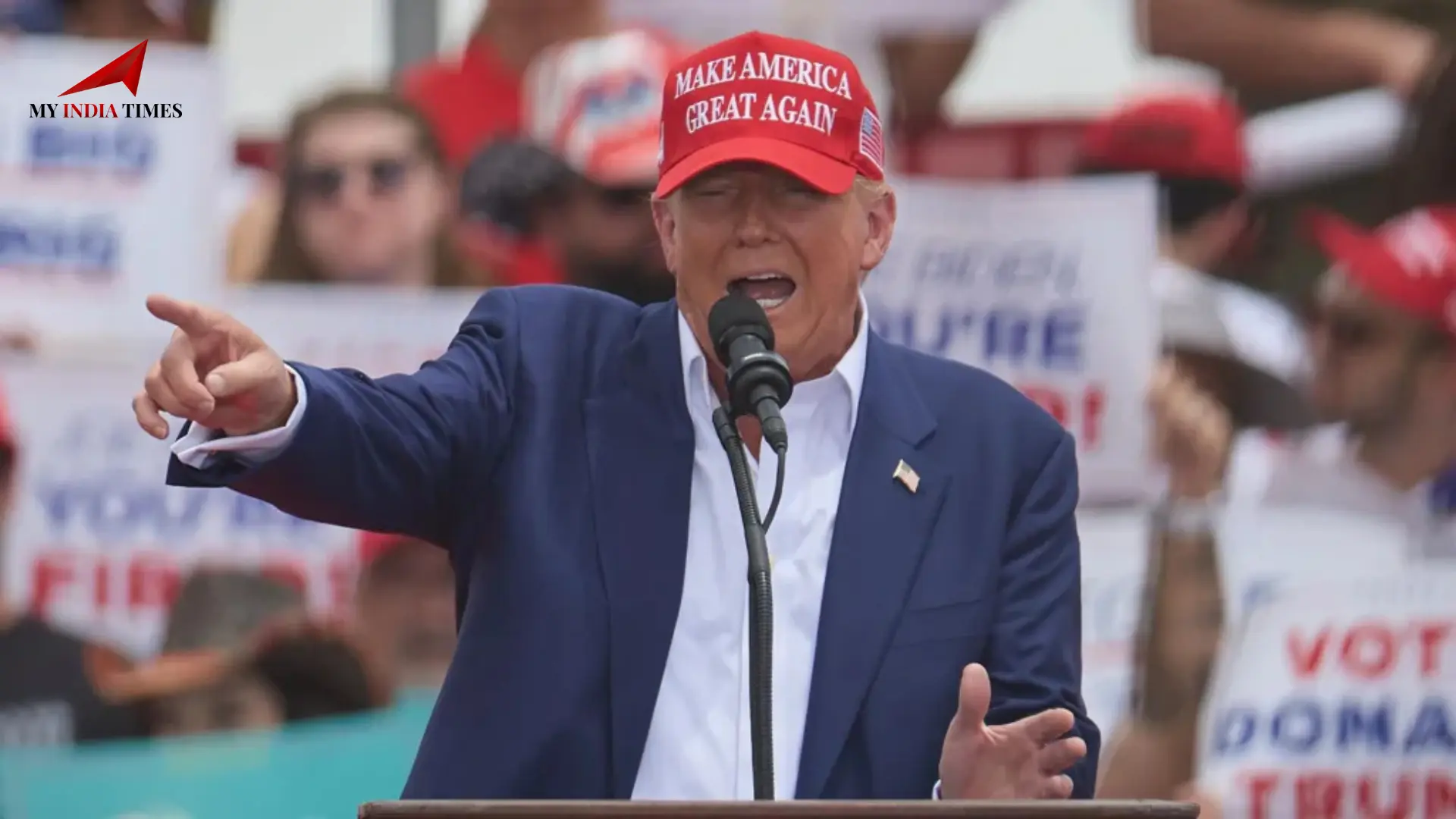
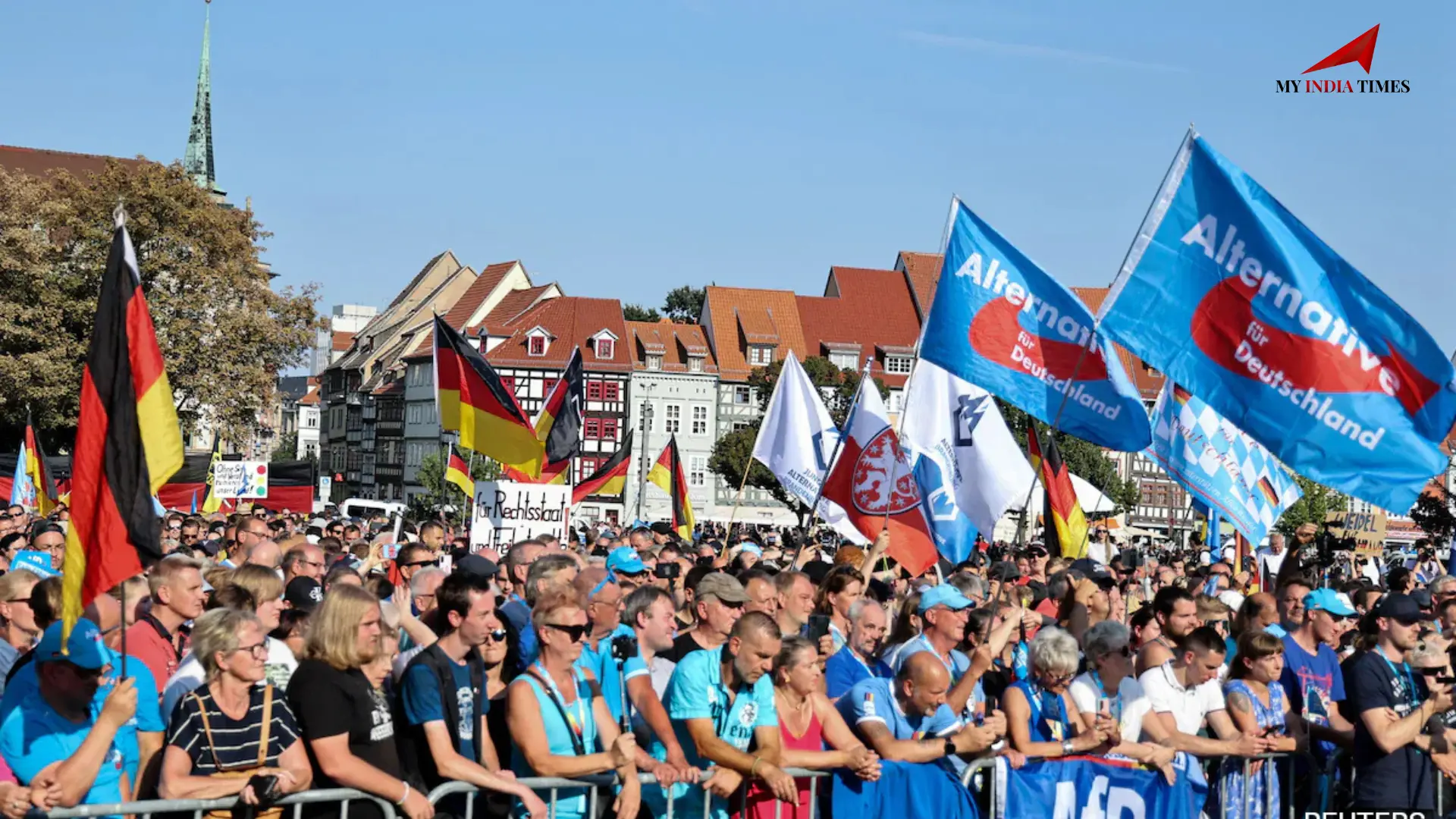
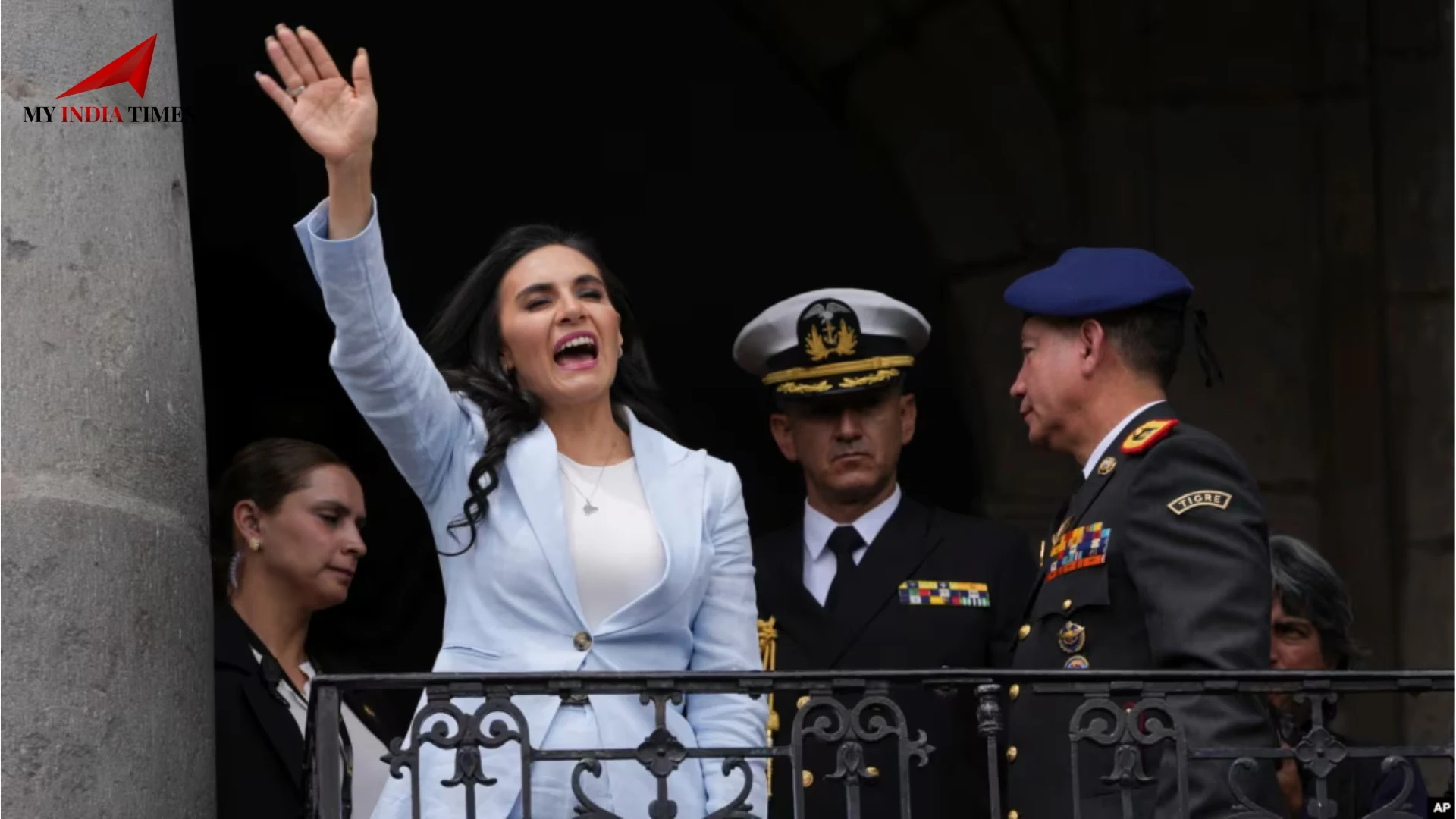
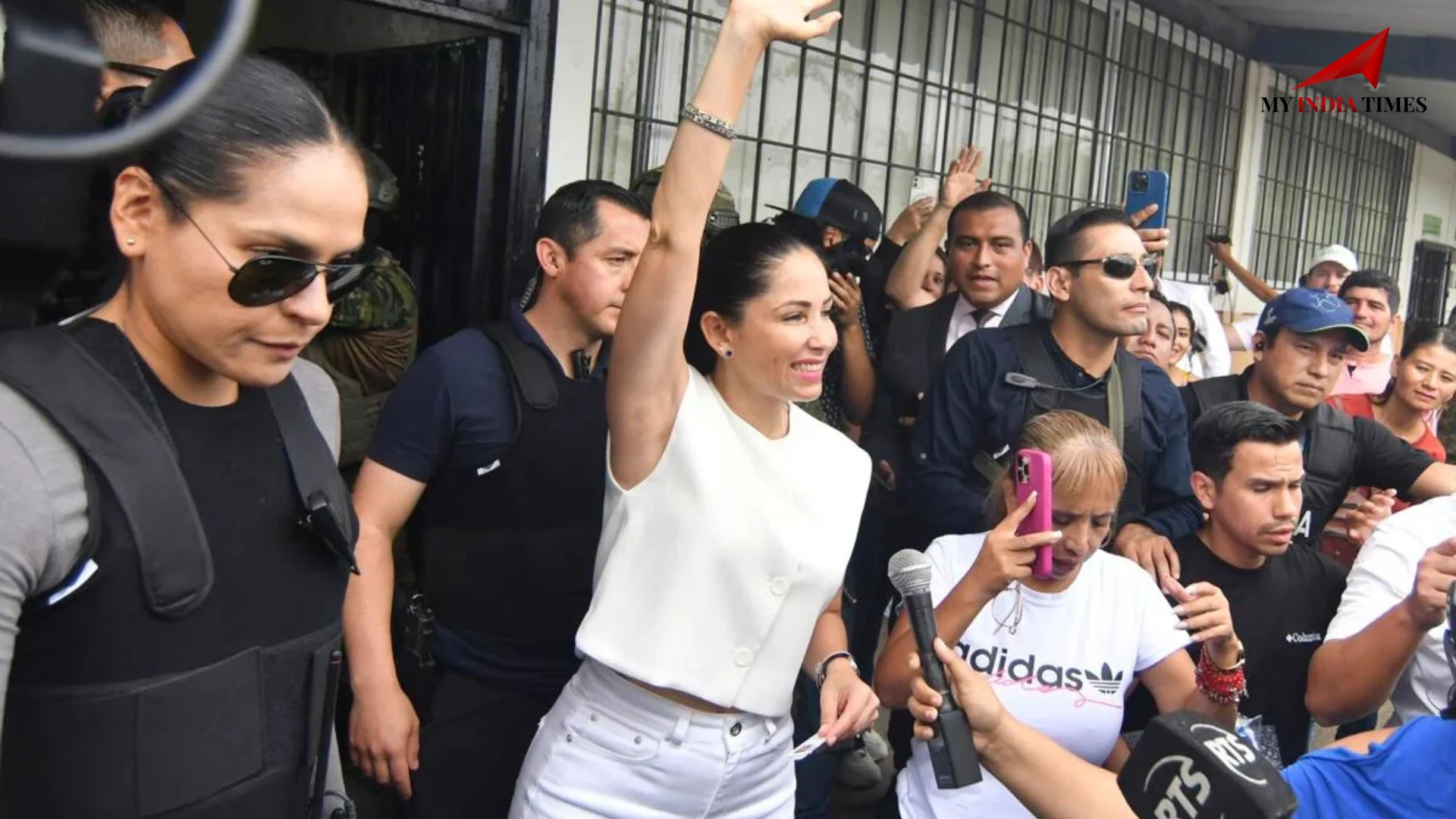
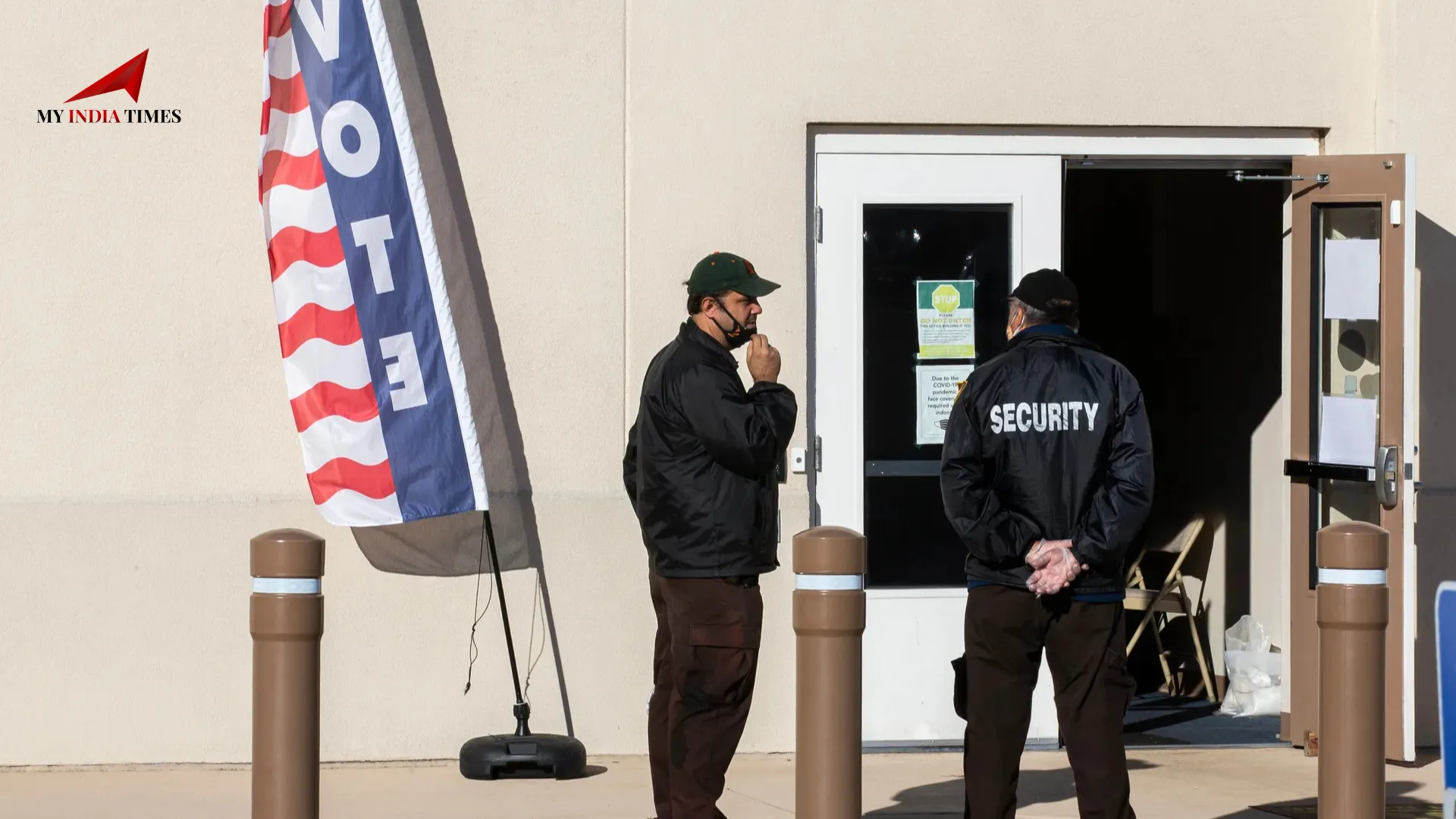
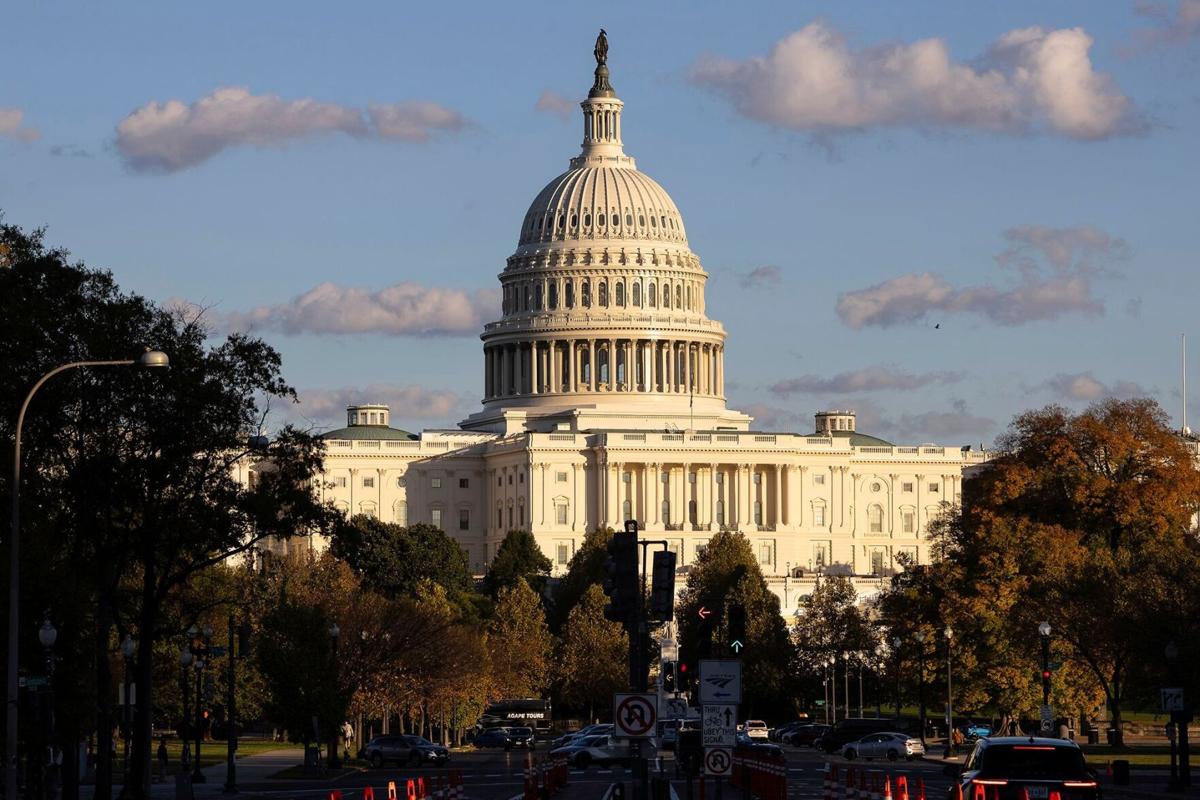

























































































.png)
 (1).png)























